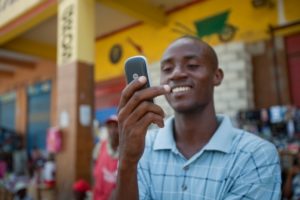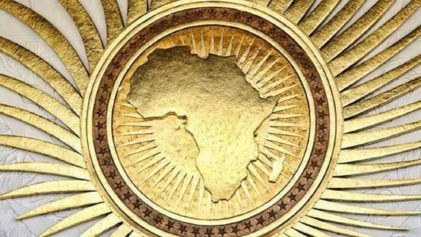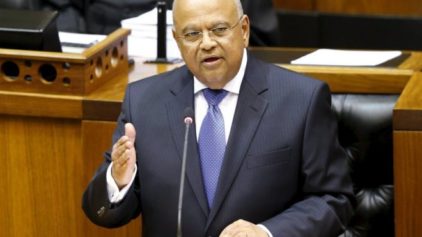Increased tempo around the adoption of mobile money in sub-Saharan Africa has been projected to have huge growth potential and earnings for banks, Mobile Money Operators and other players if strategically pursued.
Indeed, by 2019 the use of mobile financial services in sub-Saharan Africa to do such things as pay utility bills and send money to relatives could produce an estimated $1.5 billion in fees for mobile-money providers by 2019.
According to research by the Boston Consulting Group (BCG), sub-Saharan Africa is adopting mobile financial services at a pace seen in few other places, presenting banks and MNOs with a set of strategic choices that will go a long way toward determining their success in the region.
Countries in sub-Saharan Africa include Nigeria, Angola, Seychelles, South Africa, Ethiopia, Gabon, Benin, Niger, Mauritania, Ghana, Kenya, Tanzania, and Burundi among others.
The report said that sub-Saharan Africans are looking for more-secure ways to borrow and save money and are open to other financial products delivered using mobile phones, including loans and insurance.
Although mobile financial services are emerging all over the world, sub-Saharan Africa’s unique circumstances — a combination of a mostly “unbanked” population and heavy mobile-phone penetration — have turned the region into an early adopter of mobile banking and a test bed for the technology’s potential.
Today, eight of the 10 countries that make the most use of mobile financial services are in Africa, and sub-Saharan Africa has the highest proportion of active accounts (43 percent).
With the population in sub-Saharan Africa growing and becoming wealthier, the number of people aged 15 or older with an individual yearly income of $500 or more will rise to more than 460 million by 2019.
The report informed that this trend was likely to strengthen as governments in sub-Saharan Africa increasingly focus on their education, health, and security systems — enhancing the potential for long-term economic growth in their countries.
According to BCG, by 2019 there will also be some 400 million unique mobile-phone subscribers and almost 150 million traditionally banked sub-Saharan Africans. That will leave some 250 million sub-Saharan Africans aged 15 or older who have incomes of $500 or more and mobile phones but no traditional bank account. This gives a sense of the potential market for mobile financial services.
Read more at Nigeria Guardian



